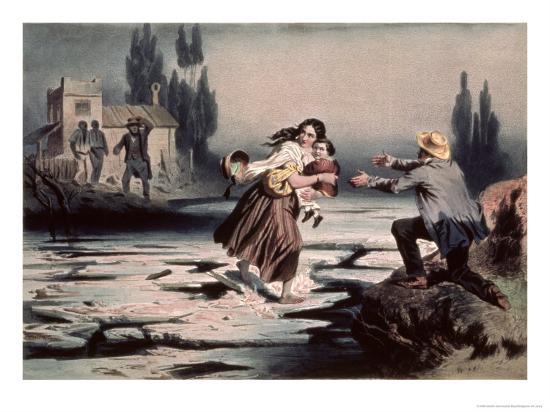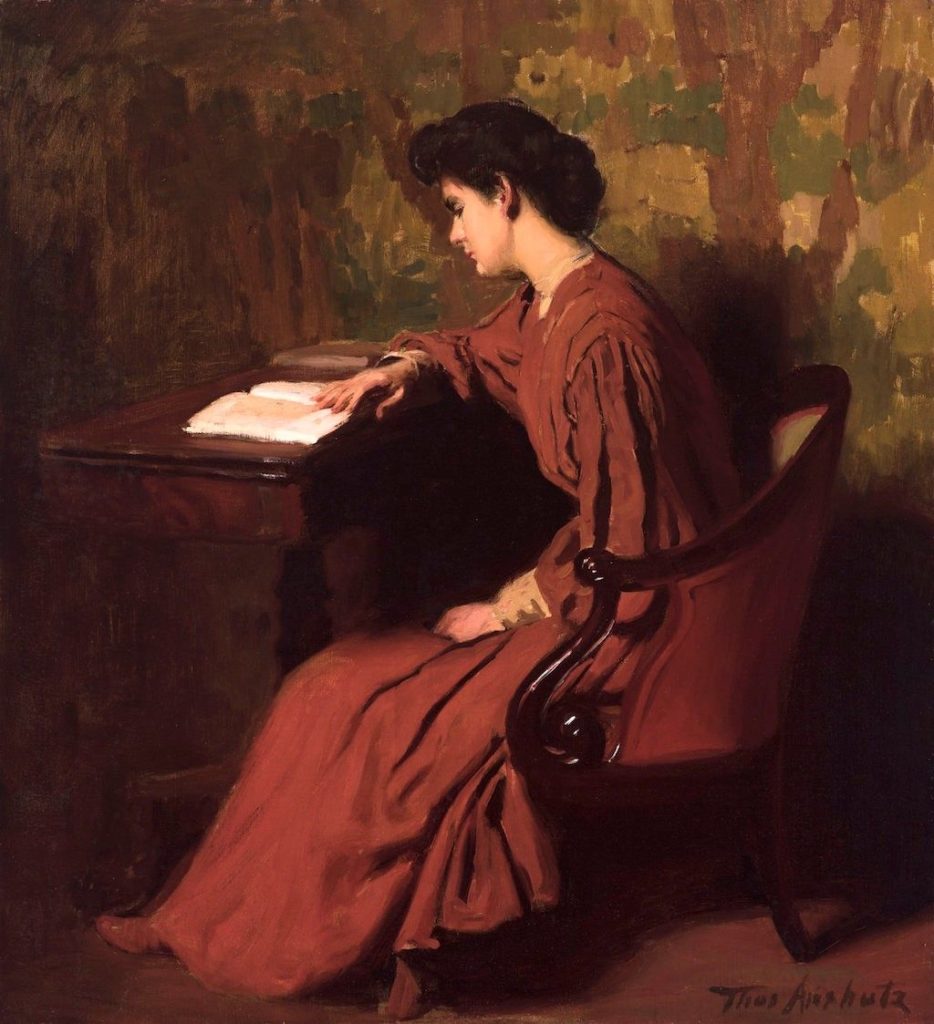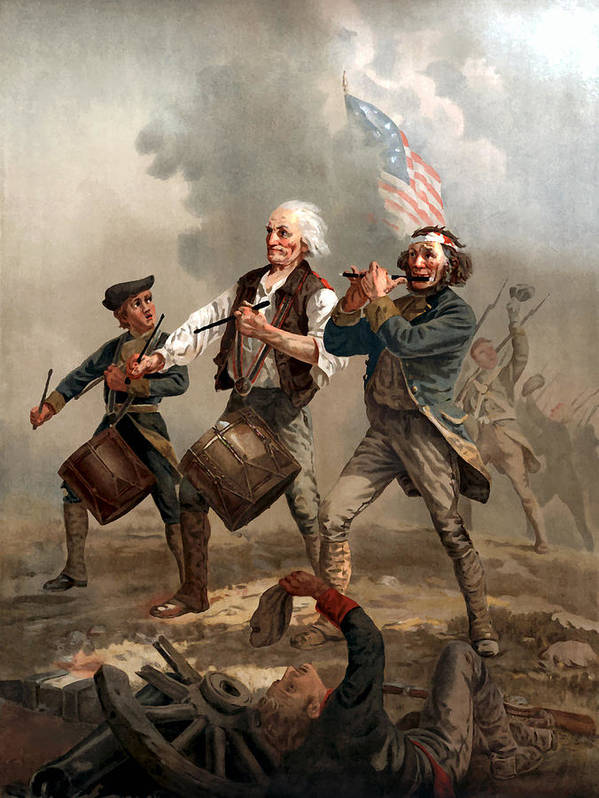Spiritual Sunday
Today’s Gospel reading is the lurid story of Herod, Herodias, Salome, and John the Baptist. It has caught the attention of numerous authors and artists, including an intriguing poem by Carol Anne Duffy.
First, here’s the reading:
For Herod himself had sent men who arrested John, bound him, and put him in prison on account of Herodias, his brother Philip’s wife, because Herod had married her. For John had been telling Herod, “It is not lawful for you to have your brother’s wife.” And Herodias had a grudge against him, and wanted to kill him. But she could not, for Herod feared John, knowing that he was a righteous and holy man, and he protected him. When he heard him, he was greatly perplexed; and yet he liked to listen to him. But an opportunity came when Herod on his birthday gave a banquet for his courtiers and officers and for the leaders of Galilee. When his daughter Herodias came in and danced, she pleased Herod and his guests; and the king said to the girl, “Ask me for whatever you wish, and I will give it.” And he solemnly swore to her, “Whatever you ask me, I will give you, even half of my kingdom.” She went out and said to her mother, “What should I ask for?” She replied, “The head of John the baptizer.” Immediately she rushed back to the king and requested, “I want you to give me at once the head of John the Baptist on a platter.” The king was deeply grieved; yet out of regard for his oaths and for the guests, he did not want to refuse her. Immediately the king sent a soldier of the guard with orders to bring John’s head. He went and beheaded him in the prison, brought his head on a platter, and gave it to the girl. Then the girl gave it to her mother. When his disciples heard about it, they came and took his body, and laid it in a tomb.
I’ve never heard a good sermon on this passage and would be intrigued to hear what people would say about it (other than using it to illustrate the decadence of Herod’s court). There seems to be a trajectory to literary treatments of it, however. In the original version, Salomé is an instrument in her mother’s machinations instead of an independent actor, and the same is true of Flaubert’s Salomé in Herodias as well.
Oscar Wilde, however, turned her into the central figure in Salomé. The daughter of privilege, she is drawn to the ascetic prophet, whom she longs to kiss upon the lips. It’s a decadent longing of someone who has everything for that which she can’t have.
There are erotic passages in the play where Salomé expresses her fascination/revulsion, and it is she, not her mother, who engineers the king’s promise. After she gets her wish, she kisses John’s (now severed) head, only to be executed herself by her horrified step-father.
T. S. Eliot has a comic allusion to the Biblical passage in “The Love Song of J. Alfred Prufrock.” I love how he throws in a parenthetical aside:
But though I have wept and fasted, wept and prayed,
Though I have seen my head (grown slightly bald) brought in upon a platter,
I am no prophet…
Prufrock aspires to be like John the Baptist, awakening his society to the spiritual emptiness of its existence. Or at least he considers trying to be prophet, only to back down when he imagines (1) not being able to express himself adequately and (2) getting blank stares even if he did successfully communicate. He’s fairly sure that women will (as the saying goes) hand him his head on a platter if he says anything. So yes, he is no prophet.
Duffy, a Scottish lesbian poet and no shrinking violet, seems to relish the thought of women handing men their heads. The speaker is a promiscuous woman who has had a series of one-night-stands. Then there’s the surprise ending:
Salomé
By Carol Ann Duffy
I’d done it before
(and doubtless I’ll do it again,
sooner or later) woke up with a head on the pillow beside me – whose? –
what did it matter?
Good-looking, of course, dark hair, rather matted;
the reddish beard several shades lighter;
with very deep lines around the eyes,
from pain, Id guess, maybe laughter;
and a beautiful crimson mouth that obviously knew
how to flatter …
which I kissed …
Colder than pewter.
Strange. What was his name? Peter?
Simon? Andrew? John? I knew I’d feel better
for tea, dry toast, no butter,
so rang for the maid.
And, indeed, her innocent clatter
of cups and plates,
her clearing of clutter,
her regional patter,
were just what needed –
hungover and wrecked as I was from a night on the batter.
Never again!
I needed to clean up my act,
get fitter,
cut out the booze and the fags and the sex.
Yes. And as for the latter,
it was time to turf out the blighter,
the beater or biter,
who’d come like a lamb to the slaughter
to Salome’s bed.In the mirror, I saw my eyes glitter.
I flung back the sticky red sheets,
and there, like I said – and ain’t life a bitch –
was his head on a platter.
My shock at the ending comes from my realization that we have left metaphor behind for the realm of the actual. Does she really have her recent lover’s head in bed with her? Images of the horse head from The Godfather come to mind.
Maybe it’s because I’ve been listening to a Norwegian noir detective story by Jo Nesbo—The Snowman—that I’m thinking this way since severed heads (and other body parts) make regular appearances there. In any event, Duffy’s Salomé is no longer a passive tool or even someone who has to use her arts to someone else to do the dirty work. She’s fully her own woman. “Ain’t life a bitch,” she taunts whoever (or whatever) she is looking at.
But surely her maid wouldn’t be serving breakfast if it were a real head, right?
Right?










